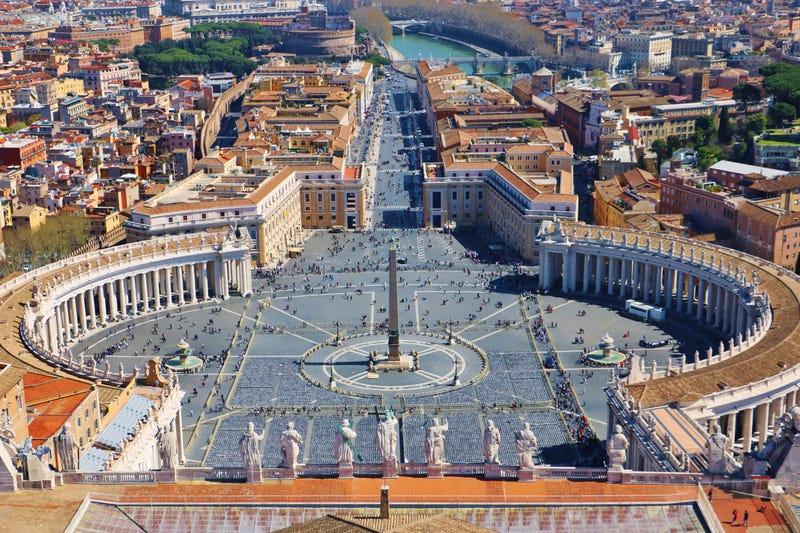
Following the passing of Pope Francis at the age of 88, the Catholic Church has entered a period of transition known as sede vacante (Latin for "vacant seat"). This marks the beginning of a meticulously orchestrated process steeped in centuries-old traditions to elect the next leader of the world's 1.3 billion Catholics.
The first step in the protocol is the official confirmation of the pope's death by the camerlengo, or chamberlain, a role currently held by Cardinal Kevin Farrell. The camerlengo verifies the death by calling the pope's birth name three times and then oversees the sealing of his private residence and office. The pope's Fisherman's Ring, a symbol of his papal authority, is ceremonially destroyed to prevent its misuse.
The Vatican has declared a nine-day mourning period, known as the novemdiales, during which daily prayers and requiem masses will be held in honor of Pope Francis. His body will lie in state at St. Peter's Basilica, allowing the faithful to pay their respects. The funeral, expected to take place within six days, will be attended by global dignitaries and religious leaders.
During this transitional phase, the College of Cardinals assumes responsibility for the Church's governance. Cardinals under the age of 80, known as cardinal electors, will convene in the Sistine Chapel for the conclave, the secretive process to elect the new pope. The conclave is expected to begin between 15 and 20 days after the pope's death, following preparatory meetings to discuss the Church's current challenges and priorities.
The conclave operates under strict confidentiality. Cardinals are sequestered from the outside world, and voting takes place up to four times daily. A two-thirds majority is required to elect a new pope. After each round of voting, the ballots are burned; black smoke signals an inconclusive vote, while white smoke announces the election of a new pope. Once elected, the new pontiff will choose a papal name and be introduced to the world from the balcony of St. Peter's Basilica with the proclamation, Habemus Papam ("We have a pope").
This election comes at a pivotal moment for the Catholic Church, as the new pope will inherit the legacy of Pope Francis, who was known for his progressive reforms and focus on social justice, environmental issues, and inclusivity. The next leader will face the challenge of navigating a Church divided between traditionalist and reformist factions while addressing global issues such as climate change, economic inequality, and interfaith dialogue.
The world now watches as the Catholic Church embarks on this solemn and historic process, awaiting the emergence of a new spiritual leader to guide its faithful into the future.
LISTEN on the Audacy App
Tell your Smart Speaker to "PLAY 1080 KRLD"
Sign Up to receive our KRLD Insider Newsletter for more news
Follow us on Facebook | Twitter | Instagram | YouTube
